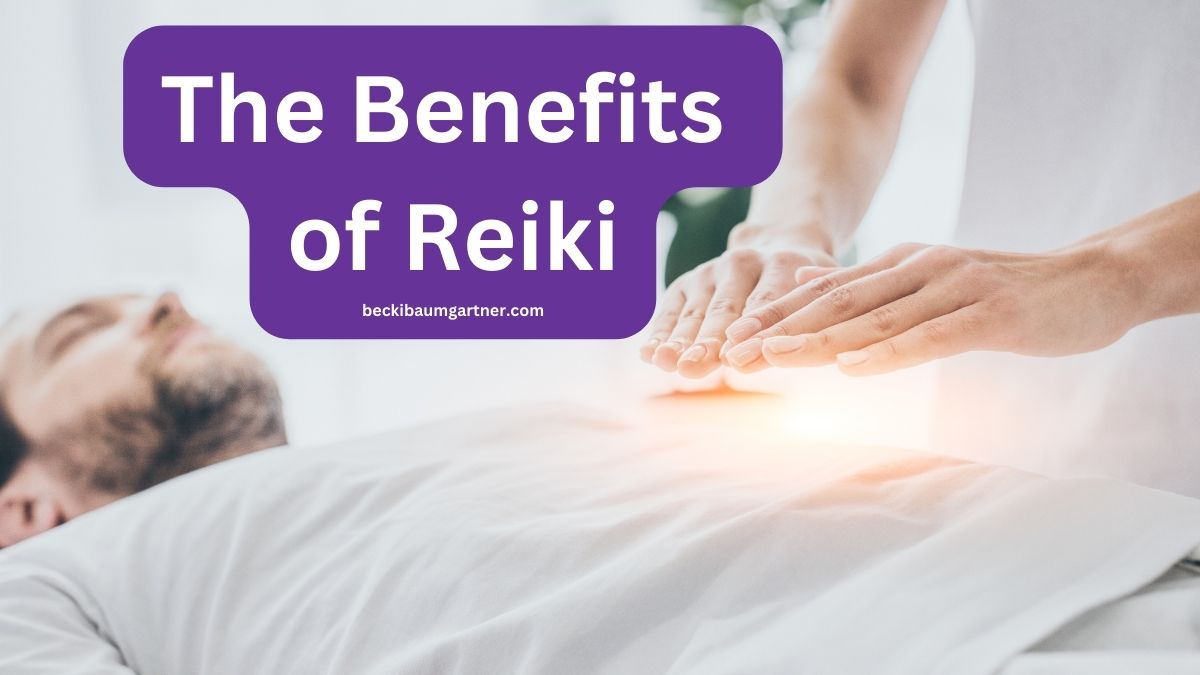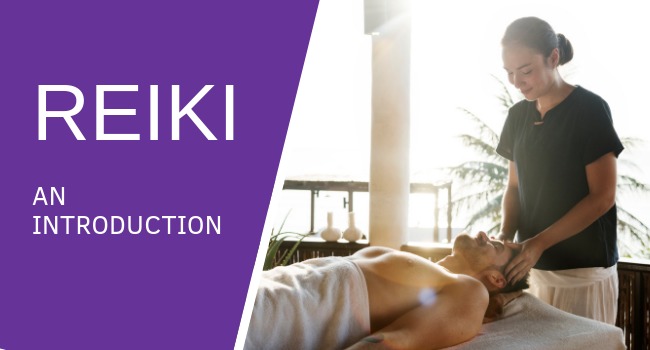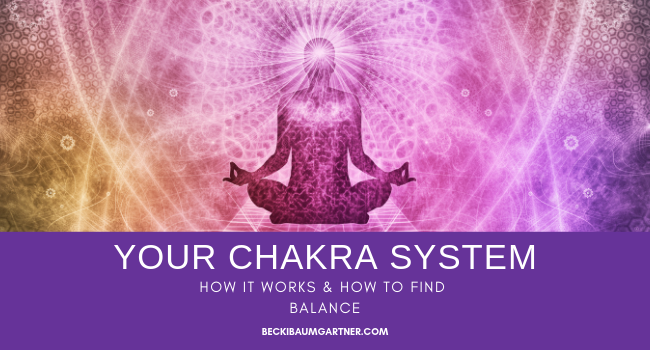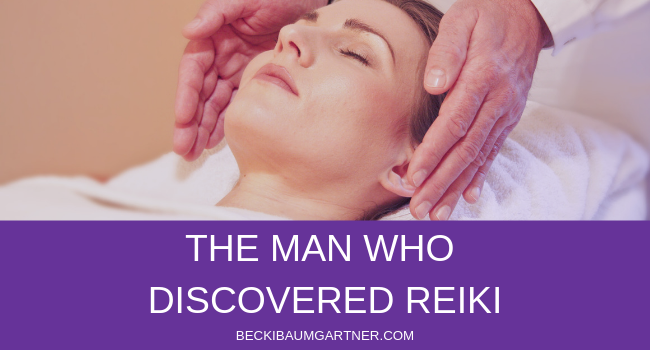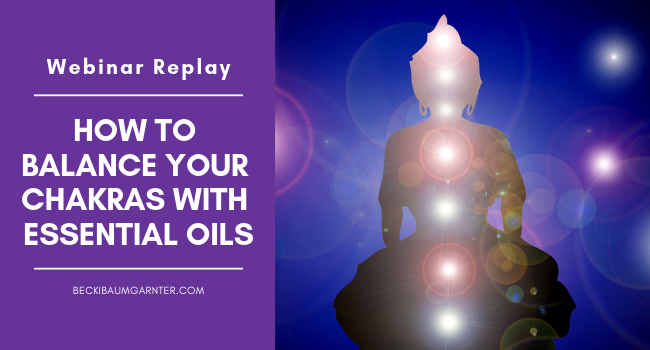Reiki is an alternative therapy that has gained popularity in recent years. It is a Japanese healing technique that involves the transfer of energy from the practitioner to the recipient through the practitioner’s hands.
The energy promotes healing, balance, and well-being in the body, mind, and spirit. While Reiki may seem mysterious to some, many people swear by its benefits for both the recipient and the practitioner.
In this article, we’ll examine the benefits of Reiki and how it can improve physical, mental, and emotional health.
What is Reiki?
Reiki is a Japanese word that means “universal life force energy.” It stems from the belief that all living things have a life force energy, also known as “ki” or “chi.” Universal life force energy flows through the body along pathways known as meridians.
When blocked or disrupted, energy can lead to physical, emotional, or spiritual imbalances. Reiki practitioners aim to restore energy flow to promote healing and balance.
During a Reiki session, the recipient lies down or sits comfortably while the practitioner places their hands on or near various body parts.
The practitioner then channels the universal life force energy to the recipient, promoting relaxation, reducing stress, and helping to restore balance to the body’s energy centers.
Benefits of Reiki for Recipients
Receiving Reiki offers many benefits mentally, physically, spiritually, and emotionally.
Some of the most common benefits include:
- Reduced stress and anxiety: One of the most common benefits of Reiki is that it promotes relaxation and reduces stress and anxiety. Many people feel calmer and more centered after a Reiki session. Reiki is especially beneficial for people who suffer from chronic stress and anxiety, which has adverse effects on both mental and physical health.
- Improved sleep: Reiki also helps to improve sleep by promoting relaxation and reducing feelings of restlessness and anxiety. Getting enough quality sleep is vital for overall health and well-being, and Reiki is a very helpful tool for promoting restful sleep.
- Pain relief: Reiki helps reduce pain and discomfort by promoting relaxation and improving circulation. This is especially helpful for people suffering from chronic pain, such as arthritis or fibromyalgia.
- Emotional healing: Reiki helps release emotional blockages and promote emotional healing, which can lead to greater clarity and a more positive outlook on life. Many people find that Reiki helps them to process difficult emotions and move forward in a more positive direction.
- Increased well-being: Reiki helps balance the energy centers in the body (chakras), which can lead to an overall sense of well-being and increased vitality. This is especially beneficial for people who feel run down or depleted.
Benefits of Learning and Practicing Reiki
There are many benefits to learning and practicing Reiki. The main advantage is that as you use Reiki to help others, you get healing in the process.
In other words, as the energy passes through you, it also works on your imbalances and heals you.
Some other benefits include:
- Improved self-awareness: Learning and practicing Reiki will help you become more aware of their thoughts, feelings, and behaviors. This increased self-awareness can lead to more remarkable personal growth and development.
- Enhanced intuition: Practicing Reiki enhances your intuition and ability to sense energy. This is helpful in everyday life and also benefits practitioners who work in the healing arts.
- Improved relationships: Reiki helps practitioners develop greater empathy and compassion, which can lead to improved relationships with others. This is especially beneficial for people who work in healthcare, counseling, or other fields that involve people.
- Reduced stress and anxiety: Practicing Reiki is a form of self-care that promotes relaxation and reduces stress and anxiety. This is especially helpful for people feeling overwhelmed or burnt out from their work or personal life.
- Personal growth and development: Learning and practicing Reiki is a powerful tool for personal growth and development. It helps you connect with your true self, tap into your intuition, and develop greater self-awareness and self-acceptance.
- Sense of purpose: Practicing Reiki also provides practitioners with a sense of purpose and fulfillment. By helping others heal and promoting balance and well-being, Reiki practitioners can positively impact the world around them.
Summary
In conclusion, Reiki is a powerful healing modality providing numerous benefits for recipients and practitioners.
Reiki can help you achieve greater balance and harmony in your life by promoting relaxation, reducing stress and anxiety, improving sleep, reducing pain, promoting emotional healing, and increasing overall well-being.
Additionally, learning and practicing Reiki provides practitioners with personal growth and development, enhanced intuition, improved relationships, reduced stress and anxiety, a sense of purpose, and greater fulfillment.
If you are interested in exploring the benefits of Reiki for yourself, consider finding a qualified Reiki practitioner in your area or enrolling in a Reiki training program to learn how to practice this powerful healing modality.
See My Upcoming Classes & Events
People Also Ask:
- What is Reiki?
- Reiki is a form of alternative therapy that originated in Japan. It is based on the idea that a “universal energy” flows through us and can be channeled to promote healing, relaxation, and overall well-being. Reiki practitioners use a technique called “laying on hands” or hovering hands over the body to facilitate the flow of this energy.
- How does Reiki work?
- Reiki practitioners believe that the energy they channel through their hands can help to balance the recipient’s energy centers (chakras) and remove blockages that may be causing physical or emotional distress. By promoting a state of deep relaxation and stress reduction, Reiki allows the body’s natural healing processes to take place more effectively.
- What can Reiki treat?
- Reiki is often used to complement conventional medical treatment and promote general well-being. While it is not a substitute for medical care, many people find Reiki helpful in managing stress, anxiety, chronic pain, and promoting relaxation. Some also believe it can enhance spiritual growth and emotional healing.
- Is Reiki safe?
- Reiki is generally considered safe when practiced by a trained and qualified practitioner. Since it is non-invasive and gentle, there are typically few, if any, side effects. However, individuals must communicate concerns or medical conditions with their Reiki practitioner beforehand.
- Can anyone learn Reiki?
- Yes, Reiki can be learned by anyone who is willing to undergo training and receive attunements from a Reiki master. There are typically three levels of Reiki training, each building upon the previous one. Level 1 focuses on self-healing and treating others on a physical level, while Level 2 introduces symbols to work with emotional and mental healing. Level 3, or Master/Teacher level, is for those who wish to teach and attune others to Reiki.
